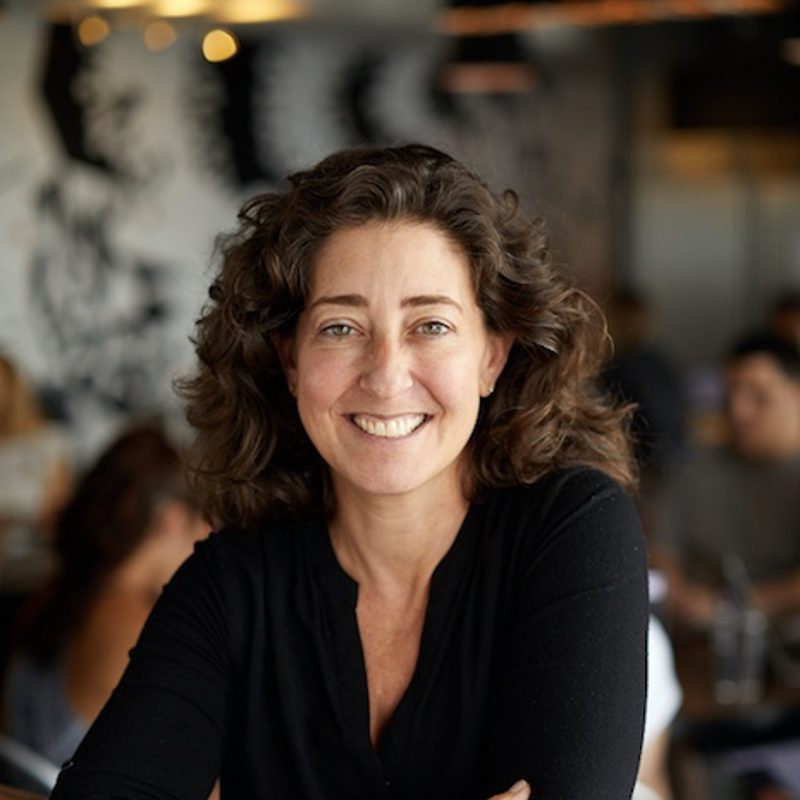VaynerMedia’s Claude Silver: Doing better for your people
The organization’s Chief Heart Officer talks psychological safety, inclusivity, and employee benefits.
Why You Should Care
On inclusivity: you have to convince every single person in the business that accountability is the most important thing.
Read on for more of her exclusive UNLEASH insights into leading people to business success.
It’s been another year of change. What has changed for me most of all, has been the notion of patience.
There are certain things we have control over and certain things we don’t have control over. Patience for the situation we’re in has certainly been needed for people in the workplace that are challenged with anxieties and mental health issues, for example.
Something that I also talk a lot about is creating psychological safety. What I’ve seen happen more so this year than any other before is that it’s now gotten into the water.
Leading by example
That’s something that our leaders know now – if you are not creating safety, you’re creating fear. And that won’t work. It’s been really great to see that taking place and that being executed on. I think our leadership team has gotten rock solid, because we’re spending so much more time on screen, but together.
There are so many different words that ladder up to the word safety that we’ve used, such as accountability and responsibility.
Even the idea of feedback ladders to how we want someone to feel, which is to feel safe. And we want someone to feel like they’re seen, and that we’re making it better for them because if we make the employee experience better for them, that has an incredible knock-on effect to making the experience for the company better.
Happier employees are going to perform, get up to the plate and try to hit some home runs, rather than get up to the plate and say, “You know what? I’m tired. I think I’ll just walk.”
An inclusive culture is so important for this to succeed, and you have to convince stakeholders and every single person in the business that accountability is the most important thing.
That means not only being accountable for your day-to-day, it means being accountable for yourself, being accountable that you’re acting as you would want to be treated. It’s taking the ball further down the court, using your empathetic muscle, and really being human.
How do you want to be treated in the workplace? With respect? Then you need to respect everyone else. That doesn’t just mean your team; that means cross-departmental, that means people above, below, and beside you.
So, gratitude and self-awareness and accountability and optimism and empathy and kindness, and all of these things I talk so much about in terms of emotional intelligence, I really do believe that should be your company strategy.
If you’re showing interest and appreciation of people, for people outside of your direct circle, then you’re really being a leader and turning people into stars. You’re showing like you care just as much about these other teams as you do your team. And that doesn’t happen a lot.
So I think we need to bring that in more. Figure out how you want to be treated, how you want your mom to be treated, how you want your kids to be treated, and do the same. It costs nothing.
Benefits and rewards in 2022
Workers want better benefits, and businesses need to be listening to their workers. Something that we know is still unfortunately taboo to talk about is fertility.
Fertility benefits need to be ramped up, such as egg freezing, so that women don’t feel like they have to stop work at this age, and then get back into the workforce at 40, when it could be more difficult to hire them. We need to be really looking at what it actually takes for someone to feel like they can get pregnant, and then take the necessary time off.
One of the benefits we [Vayner Media] brought in in 2020, which we will continue to enhance is gender reassignment. How can you best help someone do that? It’s not something that people necessarily want to shout out from the mountaintops. But it’s something that’s really important.
Likewise with mental health benefits – I don’t think you can do enough. I definitely think more companies will bring in organizational psychologists – not psychiatrists – but psychotherapists or psychologists into the room, and also grief counselors. That’s going to be essential. As are any other benefits that help people find not necessarily balance, but find a synergy within their life and their workspace.
For now – I truly believe it’s time for us to take a well-deserved break and replenish our cup because I know we’ve all been working on fumes.
We will be creating the next practices as we enter this new year. There are no more best practices. It’s all next practices, and that levels the playing field. I think that will allow us to become even more collaborative and open-source with our methods, our ideas, our teachings than ever before.
Because if we’ve learned one thing, we actually all need each other.
Sign up to the UNLEASH Newsletter
Get the Editor’s picks of the week delivered straight to your inbox!

Chief Heart Officer
Claude fuses empathy with agency to unlock employee potential and foster a culture of belonging.
